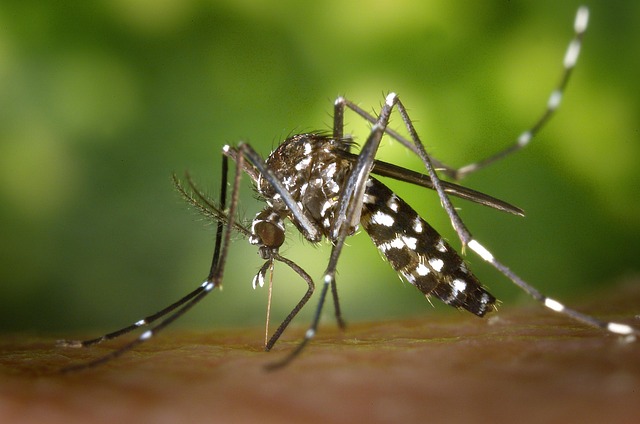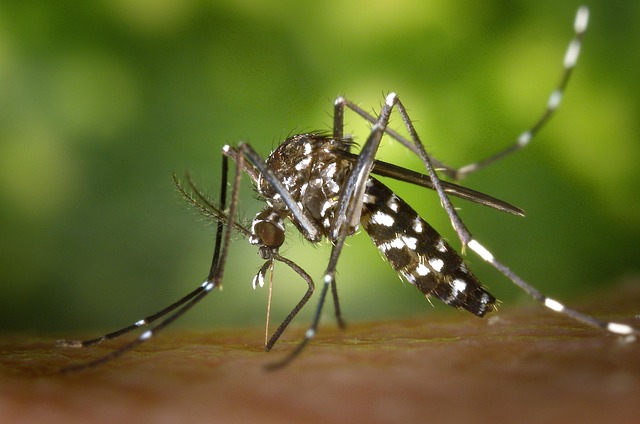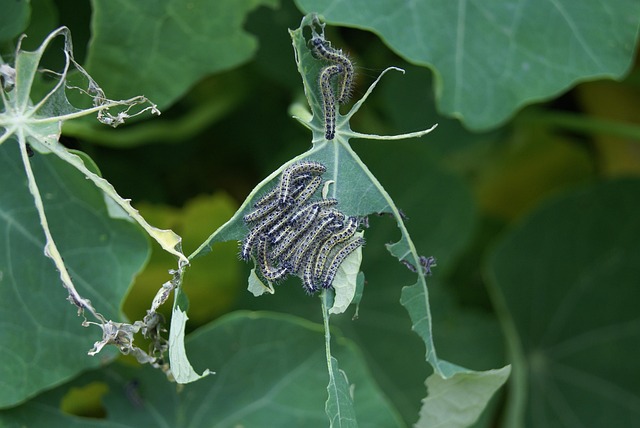Sheridan's residential mosquito control strategy focuses on eliminating stagnant water to curb West Nile Virus transmission. Understanding spider habits and implementing targeted treatments alongside professional pest control helps manage spider populations, reducing health risks associated with mosquito-borne diseases like WNV. Integrating natural predator control and resident cooperation ensures a safer environment for the community.
In Sheridan, residential mosquito control is paramount not just for comfort but also to mitigate the risk of diseases like West Nile Virus. This article delves into effective spider treatment methods, focusing on understanding local habitats and behavior patterns to implement successful strategies. By identifying these spiders and employing tailored control treatments, residents can significantly reduce their exposure to potential health hazards. Additionally, we explore practical approaches for residential areas to prevent mosquito-borne diseases like West Nile Virus.
- Understanding West Nile Virus and Its Impact in Sheridan
- Identifying Spider Habitats and Behavior Patterns
- Effective Spider Control Treatments for Residential Areas
Understanding West Nile Virus and Its Impact in Sheridan

In Sheridan, the presence of the West Nile Virus (WNV) has become a growing concern for residents. This mosquito-borne disease can have severe impacts on both human health and local ecosystems. The virus primarily affects birds, but it can also infect humans and horses, leading to potentially serious illnesses. With its potential for widespread impact, understanding WNV and implementing effective residential mosquito control measures are essential in Sheridan.
The city’s strategic approach to residential mosquito control aims to prevent the spread of WNV by targeting mosquito breeding grounds. This includes eliminating stagnant water sources where mosquitoes reproduce, such as old tires, buckets, and unused swimming pools. By adopting strict maintenance practices and promoting community involvement, Sheridan can significantly reduce mosquito populations and minimize the risk of WNV transmission. Effective residential control strategies not only protect public health but also contribute to a safer and more enjoyable living environment for all residents.
Identifying Spider Habitats and Behavior Patterns

Identifying where spiders inhabit and understanding their behavior patterns is a crucial first step in effective pest control. In residential areas, spiders often seek shelter in corners, cracks, and crevices, particularly in dark, undisturbed spaces like attics, basements, and behind appliances. They are also attracted to places with abundant prey, such as areas with high insect populations, including gardens and wooded areas surrounding homes. Recognizing these habitats allows for targeted treatments and the use of appropriate pest control methods. For instance, in Sheridan, where residential mosquito control is a priority to prevent West Nile virus transmission, understanding that spiders often feed on mosquitoes can inform integrated pest management strategies that combine chemical interventions with natural predator control.
Effective Spider Control Treatments for Residential Areas

In residential areas like Sheridan, effective spider control is crucial not only for comfort but also for health reasons, particularly regarding mosquito control to prevent the spread of West Nile virus. Professional pest control services offer tailored treatments that go beyond standard insecticides. These include targeted applications of bio-based repellents and sticky barriers that trap spiders effectively without harming pets or residents.
Regular inspections and maintenance play a vital role in long-term spider management. Professionals can identify entry points and potential nesting areas, addressing these issues proactively. Additionally, they employ eco-friendly techniques like heat treatments and steam cleaning to eliminate spider habitats. By combining these methods with resident cooperation—such as sealing gaps and keeping areas clean—residents can enjoy a safer, spider-free home environment while mitigating the risk of mosquito-borne illnesses.
In conclusion, effective spider control is crucial for maintaining a safe and comfortable residential environment in Sheridan. By understanding the impact of West Nile Virus and identifying spider habitats, we can employ targeted treatments to mitigate their presence. Integrating these strategies with robust residential mosquito control measures is essential to prevent the spread of diseases like West Nile, ensuring a healthier and more peaceful living space for all Sheridan residents.
